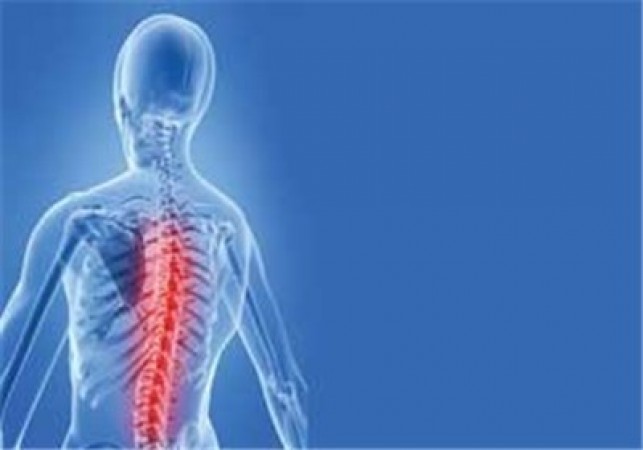
Spinal Muscular Atrophy (SMA) is a rare and debilitating genetic disorder that affects the motor neurons in the spinal cord, leading to muscle weakness and atrophy. This condition can have disastrous effects on individuals and their families, impacting various aspects of their lives. In this article, we will delve into the profound consequences of SMA, exploring its physical, emotional, and social ramifications.
Spinal Muscular Atrophy, often referred to as SMA, is a genetic disorder that affects the nerve cells responsible for controlling voluntary muscles. This disorder has disastrous effects on both the physical and emotional well-being of individuals who are afflicted by it. From severe muscle weakness to emotional distress, SMA presents a range of challenges that demand careful consideration and support.
Understanding Spinal Muscular Atrophy (SMA)
SMA is caused by a deficiency of a protein called SMN (survival motor neuron), which is crucial for motor neuron health. The lack of this protein leads to the progressive degeneration of motor neurons, resulting in muscle weakness and atrophy. SMA is categorized into various types based on the age of onset and severity, with Type I being the most severe and Type IV being the mildest.
The Devastating Impact on Motor Function
Individuals with SMA experience a significant impact on their motor function. Simple tasks such as walking, sitting, and even breathing become progressively difficult. This decline in motor skills can lead to loss of independence and a heavy reliance on assistive devices for mobility.
Emotional Toll and Psychological Well-being
Living with SMA can take an immense emotional toll on individuals. The frustration of being unable to perform basic actions coupled with the awareness of the condition's progressive nature can lead to anxiety, depression, and feelings of helplessness. Maintaining a strong psychological well-being becomes a crucial aspect of managing SMA.
Challenges in Daily Activities
The effects of SMA permeate various daily activities. From self-care routines to participating in social events, individuals with SMA face challenges that require creative adaptations and constant adjustments. Simple pleasures that others take for granted can become Herculean tasks for those dealing with SMA.
Social Isolation and Stigma
The visible symptoms of SMA can sometimes lead to social isolation and stigma. People with SMA might face misunderstanding and prejudice due to their limited mobility. This isolation can further exacerbate the emotional challenges they already face.
Coping Strategies and Support
Coping with SMA requires resilience and a robust support system. Physical and occupational therapies, assistive devices, and emotional counseling play a pivotal role in helping individuals adapt to the challenges posed by the condition. Support from family, friends, and support groups is also invaluable.
Ongoing Research and Treatment Options
The medical community is actively researching SMA, leading to advancements in treatment options. Gene therapies and medications hold promise for slowing down the progression of the disorder and improving the quality of life for individuals with SMA.
Enhancing Quality of Life
Despite the challenges, there are ways to enhance the quality of life for individuals with SMA. Adaptive technologies, home modifications, and accessible recreational activities can contribute to a fulfilling life experience.
The Role of Caregivers and Families
Caregivers and families play a vital role in the lives of individuals with SMA. Their unwavering support, advocacy, and dedication significantly impact the well-being and independence of those living with SMA.
Advocacy and Awareness Efforts
Raising awareness about SMA is essential for fostering understanding and empathy. Advocacy efforts aim to improve access to resources, treatments, and support services for individuals with SMA and their families.
The Promising Path Forward
While the effects of Spinal Muscular Atrophy can be disastrous, advances in medical research and increased awareness provide hope for a better future. Continued research, improved treatments, and a supportive community are driving forces toward enhancing the lives of those affected by SMA.
Spinal Muscular Atrophy presents a complex web of challenges that extend beyond physical limitations. Its disastrous effects encompass emotional well-being, daily functionality, and social integration. However, with a combination of medical progress, adaptive strategies, and unwavering support, individuals with SMA can find ways to lead fulfilling lives despite the obstacles they face.
Lung cancer: All the Information You Need to Know
Do Microplastics Harm Both Men's and Women's Reproductive Health?